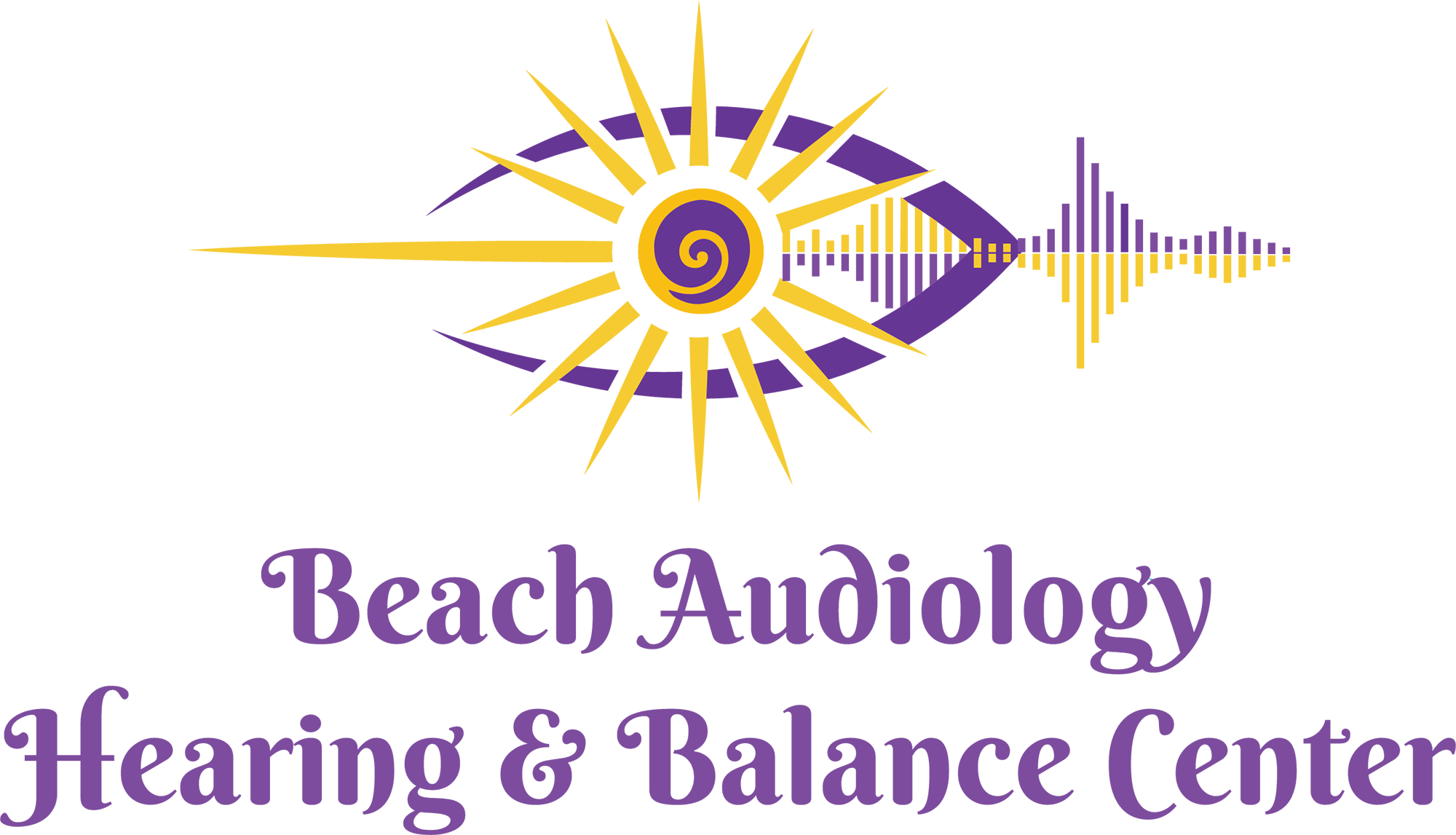September is World Alzheimer’s Month. During this month, healthcare professionals come together to raise awareness about Alzheimer’s disease and other forms of dementia. Recent studies have uncovered a link between hearing loss and the risk of developing dementia. If you have hearing loss, one of the best things you can do for your brain is treat your hearing loss.
Understanding Dementia and Its Impact
Dementia is a broad term that describes a decline in cognitive function severe enough to interfere with daily life. Alzheimer’s disease, one common type of dementia, leads to symptoms such as memory loss, impaired judgment, disorientation, and difficulty with language. As the global population ages, dementia is set to become a pressing health crisis, with the number of affected individuals projected to triple by 2050.
Hearing Loss: More Than Just an Inconvenience
Hearing loss is generally perceived as a natural part of aging. It can range from the decreased ability to hear certain frequencies to total hearing impairment. However, scientific research reveals that it may be more than just a sign of aging or a simple inconvenience.
Hearing loss can lead to social isolation and depression, and can significantly reduce overall quality of life. Moreover, it is now being associated with accelerated cognitive decline and an increased risk of dementia.
The Connection: What Research Tells Us
Research has consistently shown a correlation between untreated hearing loss and the development of dementia. According to studies, even mild hearing loss can significantly increase the risk of dementia. Moderate and severe hearing loss have an even higher risk of developing dementia.
There are several theories that explain this connection:
Cognitive Overload
The brain may become overwhelmed when struggling to understand and process sound, particularly in noisy environments. This constant strain can take neural resources from other cognitive functions, leading to a deterioration in areas such as memory and reasoning. For example, rather than processing memories, the brain uses more energy straining to hear, leading to challenges with recall and memory.
Brain Atrophy
Hearing loss may contribute to a faster rate of atrophy in the auditory areas of the brain. When you have hearing loss, certain areas of the auditory cortex do not receive signals from the ears. In a case of use-it-or-lose-it, these brain areas may start to deteriorate. This atrophy could then spread to other regions related to cognition and memory.
Social Isolation
One of the most challenging effects of hearing loss is the tendency for individuals to withdraw from social interactions. Struggling to follow conversations may become too hard, and you may choose to stay home rather than deal with hearing loss in social settings. This can lead to isolation and loneliness. Isolation has been recognized as a risk factor for cognitive decline and dementia.
Taking Action: The Role of Hearing Aids and Social Integration
Given the potential connection between hearing loss and dementia, addressing hearing problems right away can mitigate the risk of cognitive decline.
Hearing Aids
While research is ongoing, initial studies suggest that treating hearing loss with hearing aids may significantly slow down cognitive decline. By restoring the ability to engage in conversations and reducing cognitive load, hearing aids can improve quality of life and could potentially delay the onset of dementia.
Hearing aids can also promote social engagement. With better hearing, seniors stay more active in their community, maintain friendships, and participate in social activities. This can help promote better cognitive health.
World Alzheimer’s Month: A Time for Action and Awareness
This September, celebrate World Alzheimer’s Month with a hearing test. This month is a great reminder for individuals, families, and healthcare providers to not only raise awareness about dementia but also to consider hearing health as an integral part of dementia risk management.
Early detection and treatment of both hearing loss and cognitive decline can make a substantial difference. Regular hearing screenings, particularly for older adults or those exposed to occupational noise, can lead to early intervention.
Book Your Next Hearing Test
The link between hearing loss and dementia highlights the complex interplay between our sensory experiences and cognitive functions. By addressing hearing loss, not only do we enhance communication, but we also invest in the long-term health of our brains.
Schedule your next hearing test to find out more about your hearing health and hearing needs.

